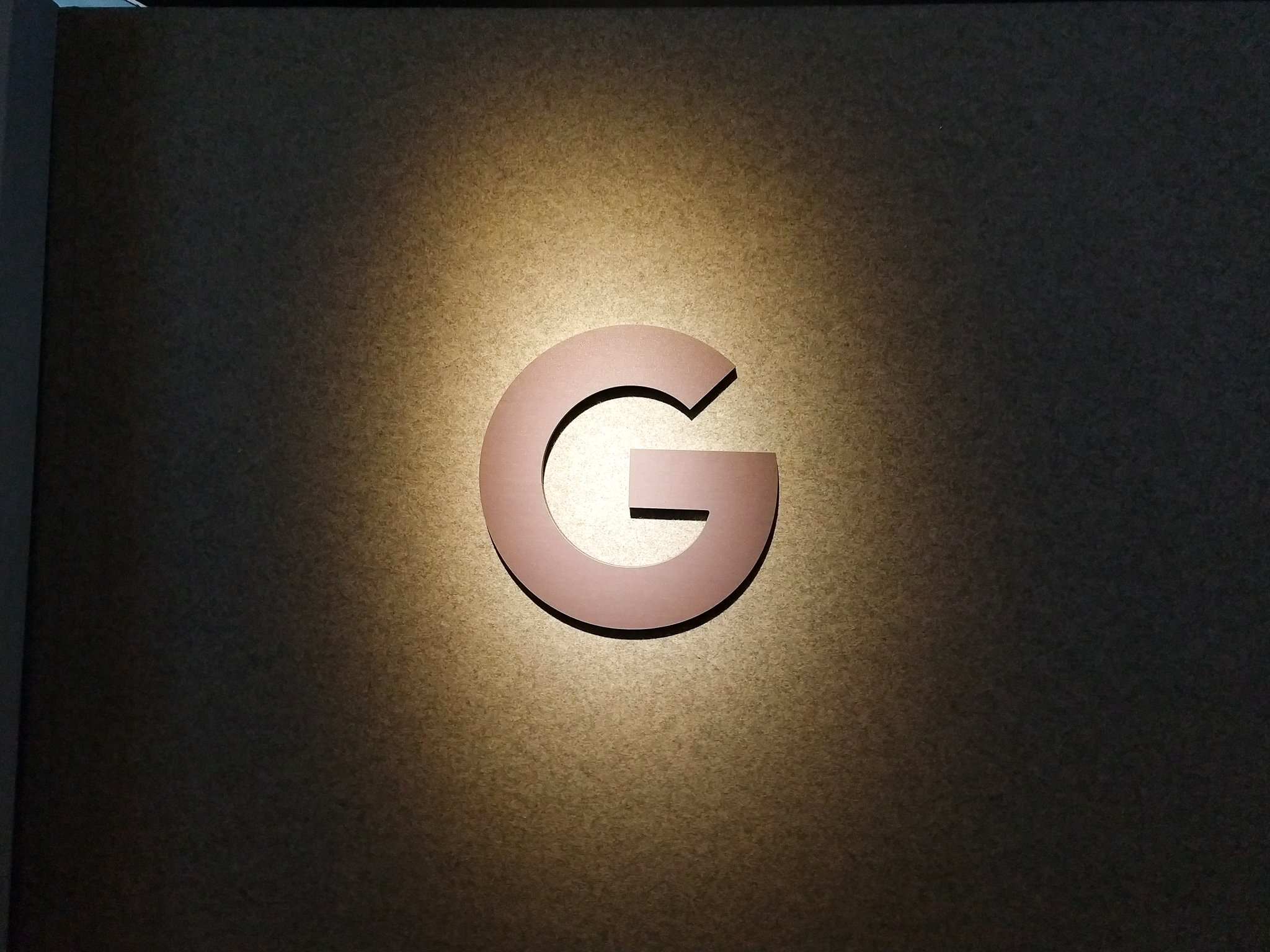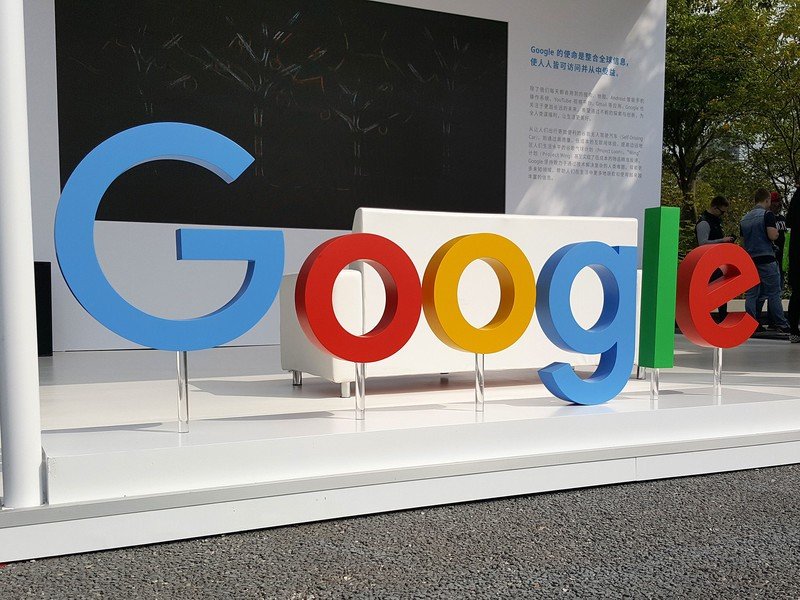Google places more limitations on political ads ahead of elections

What you need to know
- Google is placing new limitations on the targeting of political ads, beginning next week in the UK and worldwide on January 6, 2020.
- Previously, political ads could be targeted using "public voter records and general political affiliations (left-leaning, right-leaning, and independent)" in the U.S.
- Going forward, political ads will be restricted to "age, gender, and general location (postal code level)."
Whether we like it or not, tech companies are becoming integral to the election process. All you have to do is look back at the scandal with Facebook and Cambridge Analytica to see just how influential they can be and why we should all be concerned.
Thankfully, some tech companies are stepping up and doing something about it. Some are doing more than others though, for example, Twitter has decided to ban all political ads on its platform. While other companies, such as Google, are simply adding some more restrictions on how ads can be targeted ahead of the elections.
In the past, Google allowed verified advertisers to target users based on "public voter records and general political affiliations (left-leaning, right-leaning, and independent)" in the U.S.
Going forward, Google will now only allow election ad targeting based on "age, gender, and general location (postal code level)." This will affect ads across all Google platforms, including search ads, YouTube ads, and ads served by Google that appear on websites.

However, political advertisers will still be able to do contextual advertising based on the subject matter. For example, serving political ads to people who are reading articles about the economy.
The new changes will take effect within the next week in the UK just in time for the EU general election, and will roll out worldwide beginning on January 6, 2020.
Along with the new changes to targeted ads, Google also points out that it holds political ads to the same standards as all advertising when it comes to false claims. Saying just as it would not allow a company to advertise a chair with a misleading price, it also won't allow political ads that include obviously fake information such as a candidate dying or election day being postponed. However, Google recognizes that it will be impossible to catch every mistake but it will continue to look for "clear violations."
Be an expert in 5 minutes
Get the latest news from Android Central, your trusted companion in the world of Android
Of course, we recognize that robust political dialogue is an important part of democracy, and no one can sensibly adjudicate every political claim, counterclaim, and insinuation. So we expect that the number of political ads on which we take action will be very limited—but we will continue to do so for clear violations.
Google also understands that transparency is of the utmost importance when it comes to political advertising. This is why it offers a transparency report where you can look up the "content of the ads themselves, who paid for them, how much they spent, how many people saw them, and how they were targeted." Beginning December 3, 2019, Google is even expanding this to now cover "U.S. state-level candidates and officeholders, ballot measures, and ads that mention federal or state political parties" as well as making them searchable.
I guess it would have been a little much to expect Google to completely ban political ads, the company does make a lot of its money off of its advertising platform after all. However, it's nice to see Google taking some steps to restrict the ads and to try to "do the right thing" as its motto states.
Facebook never earned your trust and now we're all paying the price

